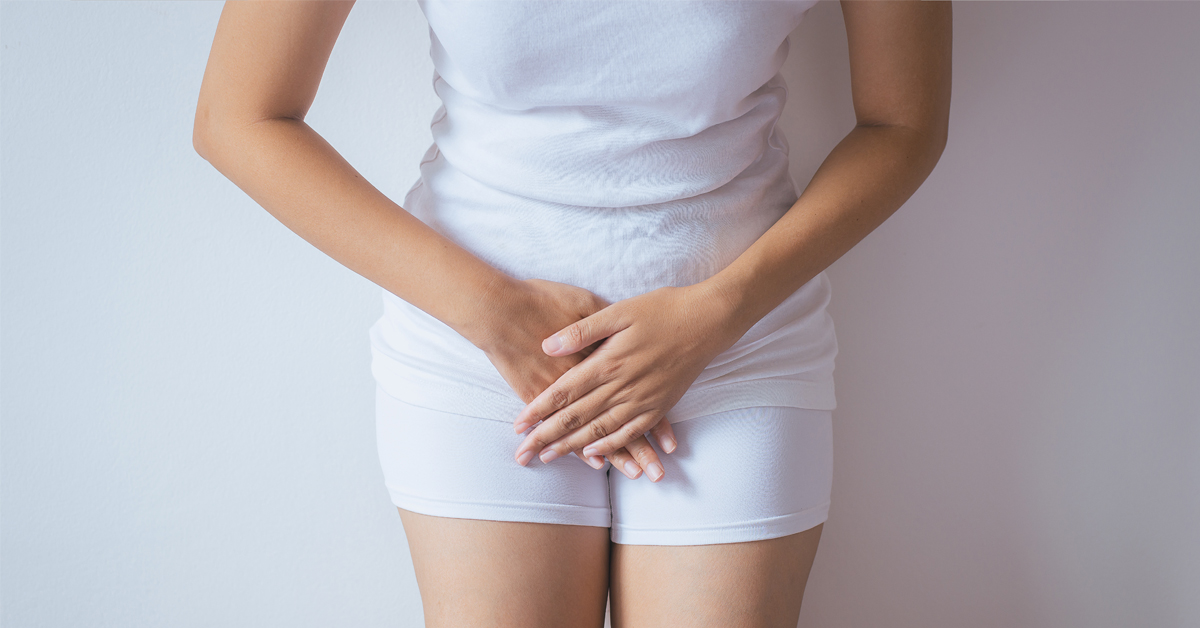Urinary incontinence is inconvenient and can be an embarrassing problem to have. Luckily, many options are available to help improve or control your urinary incontinence symptoms. Keep reading to learn more about the available treatments for urinary incontinence.
Lifestyle changes
One of the most straightforward things you can do to treat or reduce the occurrence of urinary incontinence is to make specific lifestyle changes.
- Dietary changes: Some people with urinary incontinence find limiting food and drinks with caffeine, such as chocolate, tea, coffee, and carbonated beverages, may help reduce bladder leaks. Reducing the number of alcoholic beverages you drink can also decrease the number of bladder leaks you experience.
- Maintain a healthy weight: Maintaining a healthy weight can reduce your risk of diabetes and heart disease. In addition, studies have shown that people with a lower BMI have fewer urinary incontinence problems.
- Exercise: Regular physical activity is essential to manage a healthy weight and will benefit your overall health. Walking, swimming, biking, and dancing can help strengthen your pelvic floor and reduce urinary leaks.
- Quit Smoking: If you smoke cigarettes, you may experience more frequent episodes of stress incontinence. This is because people who smoke tend to have a frequent dry cough, which can increase the number of times you experience urine leakage.
Pelvic Floor Strengthening Exercises
A strong pelvic floor is essential to be able to control your bladder. However, if you have a weak pelvic floor, you may benefit from pelvic floor strengthening exercises, like Kegel exercises.
If you are struggling with bladder leaks, consider speaking to your doctor about visiting a physical therapist specializing in pelvic floor physical therapy. Pelvic floor physical therapists can teach you exercises specific to your needs to help strengthen your muscles and improve your incontinence.
Medications
If lifestyle changes have not improved your urinary incontinence, your doctor may recommend taking medication to help control your bladder. Not everyone is a good candidate for medication, so speak with your doctor about what medications they may recommend for you. Medications your doctor may recommend include:
- Anticholinergics: This type of medication is used to help calm an overactive bladder and can help with urge incontinence. Examples of this medication include oxybutynin (Ditropan XL), tolterodine (Detrol), solifenacin (Vesicare), darifenacin (Enablex), and fesoterodine (Toviaz).
- Myrbetriq (Mirabegron): This medication works by relaxing the bladder muscles and can increase the amount of urine your bladder can hold at a time. It can also help to empty your bladder more completely, which is beneficial in treating urge incontinence.
- Alpha-blockers: This medication benefits men who struggle with urge and overflow incontinence. It works by relaxing the bladder and the fibers surrounding the prostate to help empty the bladder more completely. Examples of this medication include tamsulosin (Flomax), alfuzosin (Uroxatral), silodosin (Rapaflo), and doxazosin (Cardura).
Electrical Nerve Stimulation
If medicine and lifestyle changes have not improved your urinary incontinence, your doctor may recommend electrical nerve stimulation, like InterStim. Electrical nerve stimulation uses mild pulses of electricity to stimulate the nerves that control the bladder and sphincter muscles. The vibrations can help to strengthen your bladder and improve symptoms of urinary incontinence.
Surgery
If all else fails, your doctor may recommend surgery to treat your urinary incontinence. Different surgery options are available depending on the cause and frequency of your urinary incontinence. Speak to your doctor to find out if surgery is right for you.
Discover the Best Treatment Option for You
No one should have to sit out on activities they enjoy due to urinary incontinence. Instead, speak to your doctor about the right urinary incontinence treatment for you today. Schedule an appointment today!

